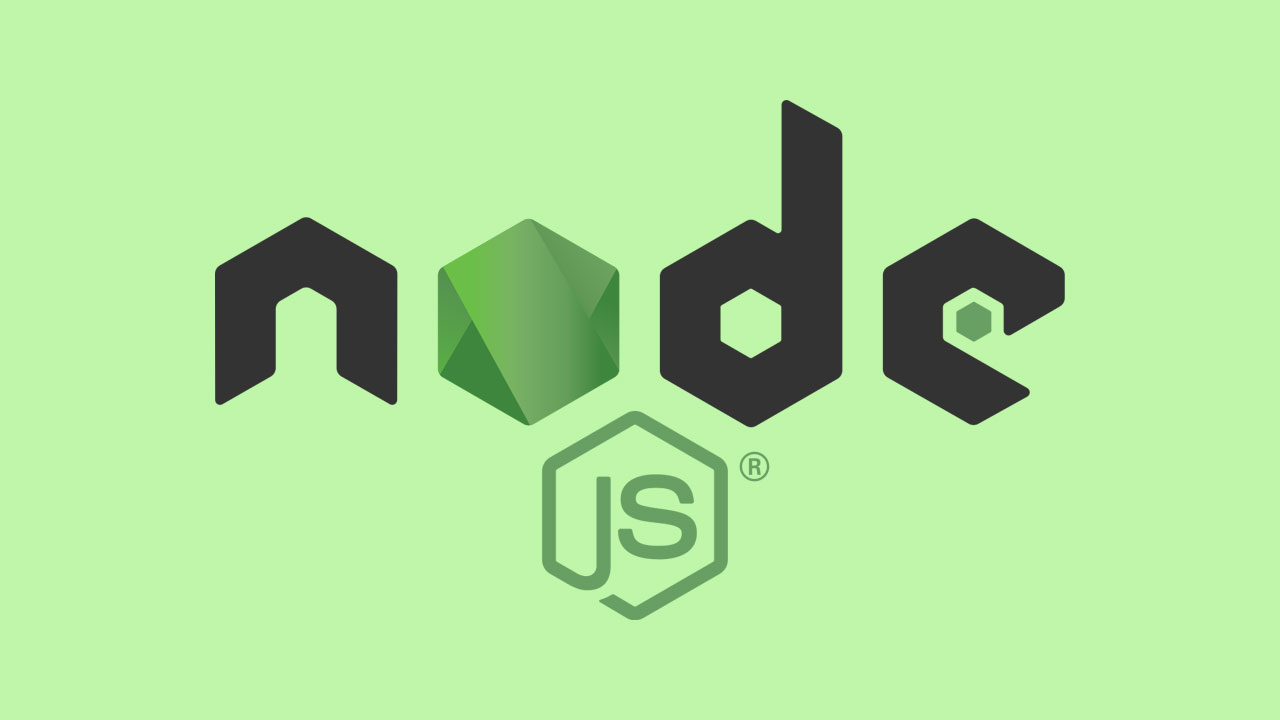Django E-Commerce Solutions: Building High-Converting Platforms
In today’s fast-paced digital world, businesses need more than just a website; they need a fully optimized e-commerce platform to capture and retain customers. At the forefront of modern web development, Django stands as a powerful framework for crafting feature-rich and high-converting e-commerce platforms. With built-in scalability, integrated payment gateways, inventory management, and sleek designs, Django empowers developers to deliver robust and seamless e-commerce experiences.
1. Introduction to Django for E-Commerce
Django is a high-level Python web framework that promotes rapid development and clean, pragmatic design. Known for its versatility and security, Django is a go-to choice for building dynamic and scalable e-commerce solutions. It offers built-in features that facilitate quick development while ensuring a secure and reliable online shopping experience.
2. Why Choose Django for E-Commerce Platforms?
High Scalability
Django’s architecture allows for easy scalability, making it ideal for businesses anticipating growth. Whether you’re a small startup or an established enterprise, Django can accommodate expanding product catalogs and increased user traffic without compromising performance.
Security
In the realm of e-commerce, security is paramount. Django provides built-in protection against common threats such as SQL injection, cross-site scripting (XSS), and cross-site request forgery (CSRF). Its robust security features ensure that customer data and payment details are safe from malicious attacks.
Rapid Development
Time is money, especially in e-commerce. Django’s clean syntax and reusable components enable developers to build and deploy e-commerce platforms quickly, without sacrificing quality or functionality.
Key Features of Django E-Commerce Solutions
Integrated Payment Gateways
One of the most critical aspects of an e-commerce platform is its ability to handle payments securely and efficiently. Django supports the integration of multiple payment gateways such as Stripe, PayPal, and Authorize.net, providing flexibility and convenience to customers worldwide.
Advanced Inventory Management
Managing inventory is a vital component of any e-commerce business. Django offers powerful tools for tracking stock levels, managing product variants, and automating reorder processes, ensuring that your store runs smoothly without manual intervention.
Customizable Product Catalog
Django allows businesses to create a fully customizable product catalog, catering to the unique needs of their brand. From multiple categories and tags to detailed product descriptions and image galleries, Django ensures that your products are showcased in the best light.
SEO-Friendly Architecture
With built-in support for SEO best practices, Django ensures that your e-commerce platform is easily discoverable by search engines. From clean URLs to meta tags and mobile optimization, Django’s SEO features help drive organic traffic to your store.
4. The Role of Compelling Design in E-Commerce Success
User-Friendly Interface
A well-designed e-commerce platform is crucial for converting visitors into customers. Django’s flexibility allows for the creation of intuitive and visually appealing interfaces that enhance the user experience.
Mobile Optimization
With a growing number of consumers shopping on their mobile devices, having a mobile-optimized platform is no longer optional. Django’s responsive design capabilities ensure that your store functions perfectly on any device, from desktops to smartphones.
Custom Themes
Django offers endless possibilities for customization. Whether you prefer a minimalist design or a vibrant, interactive layout, Django allows developers to create unique themes that align with your brand identity.
5. Integrated Payment Gateway Solutions
Payment gateway integration is a cornerstone of any e-commerce platform. Django simplifies this process by supporting seamless integration with popular payment providers.
Supporting Multiple Payment Methods
Django enables businesses to offer various payment options, including credit cards, digital wallets, and bank transfers. This adaptability improves convenience for customers and boosts their overall satisfaction.
Secure Payment Processing
By utilizing Django’s robust security features, developers can ensure that all transactions are encrypted and processed securely, protecting sensitive financial information from fraud.
6. Inventory Management in Django E-Commerce Platforms
Effective inventory management can determine the success or failure of an e-commerce business. Django offers comprehensive tools for managing products, stock levels, and supply chains.
Real-Time Stock Monitoring
Django provides real-time updates on inventory levels, ensuring that customers can only purchase in-stock items. This reduces the likelihood of backorders and enhances customer satisfaction.
Automated Reorder System
With Django’s advanced features, businesses can set up automated reorder systems that trigger when stock levels fall below a certain threshold, ensuring that your store is always well-stocked.
7. Scalability and Performance of Django E-Commerce Solutions
Handling High Traffic Volumes
As your business expands, the number of visitors to your website also increases. Django is designed to handle high traffic volumes without compromising speed or functionality, ensuring a seamless shopping experience even during peak periods.
Database Optimization
Django allows for database optimization, ensuring that your platform remains fast and responsive as the number of products and customers increases.
8. Customization Opportunities with Django
One of Django’s strongest advantages is its ability to be customized to meet the specific needs of each business.
Custom Features
From personalized product recommendations to custom checkout processes, Django allows businesses to implement unique features that enhance the shopping experience.
Flexible Design
With Django, you can create a platform that reflects your brand’s vision and values. Whether you want to integrate third-party services or develop a proprietary solution, Django’s flexibility makes it possible.
9. SEO Optimization for Django E-Commerce Platforms
Clean URL Structures
Django supports clean and search-engine-friendly URLs, which play a significant role in improving your store’s SEO performance.
Meta Tags and Descriptions
Django allows easy integration of meta tags and descriptions, which are essential for improving the visibility of your products in search engine results.
Mobile-Friendly Design for SEO
With search engines prioritizing mobile-friendly sites, Django’s responsive design capabilities ensure that your store ranks well on mobile search results.
10. Managing Customer Data Securely in Django
GDPR Compliance
With growing concerns over data privacy, Django ensures that your e-commerce platform is compliant with regulations like the General Data Protection Regulation (GDPR), protecting customer information and maintaining trust.
User Authentication
Django’s built-in user authentication system ensures that only authorized personnel can access sensitive data, adding an extra layer of security to your platform.
Django E-Commerce Analytics and Reporting
Understanding customer behavior is key to optimizing your store’s performance. Django provides powerful analytics tools that help you track sales, customer engagement, and inventory trends.
Google Analytics Integration
Django easily integrates with Google Analytics, allowing you to gain insights into visitor behavior, conversion rates, and more.
Custom Reports
Django’s reporting capabilities allow you to generate custom reports based on various metrics, helping you make data-driven decisions for your business.
12. Ongoing Support and Maintenance for Django E-Commerce Platforms
A successful e-commerce platform requires continuous support and maintenance to ensure it runs smoothly.
Regular Updates
Django is regularly updated with new features and security patches, ensuring that your platform remains secure and up-to-date.
Troubleshooting and Support
Django’s vast community of developers ensures that any issues are quickly identified and resolved, minimizing downtime and ensuring a seamless shopping experience for your customers.
FAQs
Q1: Why should I choose Django for my e-commerce platform?
Django offers scalability, security, and customization, making it a versatile framework for businesses of all sizes.
Q2: Can Django handle high-traffic e-commerce platforms?
Yes, Django’s architecture is designed to handle high traffic volumes without compromising performance.
Q3: What payment gateways can be integrated with Django?
Django supports integration with popular payment gateways like Stripe, PayPal, and Authorize.net.
Q4: Is Django SEO-friendly?
Yes, Django offers built-in support for SEO best practices, including clean URLs and meta tags.
Q5: Can I customize my e-commerce store with Django?
Absolutely! Django allows for extensive customization, enabling you to create a platform that reflects your brand’s identity.
Q6: How secure is a Django e-commerce platform?
Django is known for its robust security features, including protection against SQL injection, XSS, and CSRF.
14. Conclusion
Django is a powerful and versatile framework for building feature-rich, high-converting e-commerce platforms. Its scalability, security, and flexibility make it the perfect solution for businesses looking to grow and succeed in the competitive e-commerce market. By choosing Django, you can create a custom, secure, and user-friendly platform that meets the unique needs of your business.









